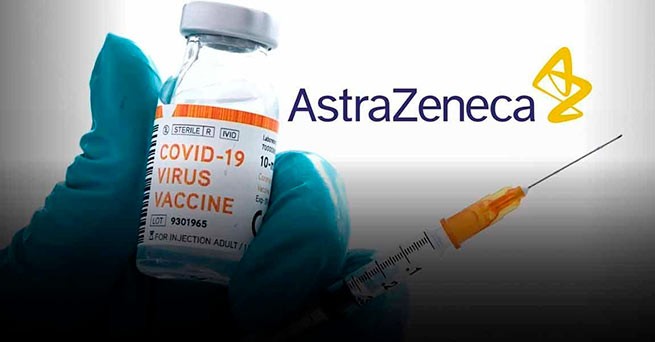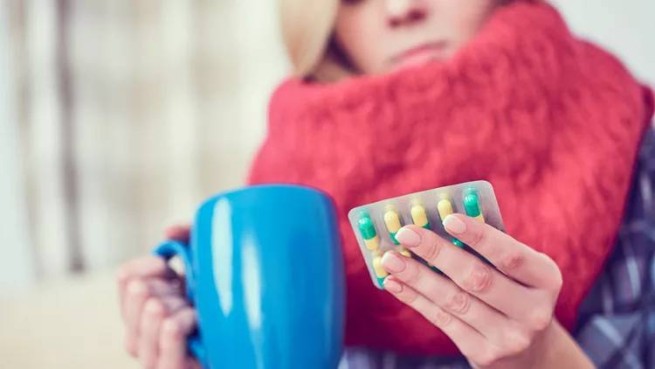Doctors usually advise not to take medications on an empty stomach and to eat something before taking the pill.
However, what you eat has a big impact on how your body absorbs the medications you take. Some products may increase the effectiveness of the drug, while others may decrease it. And the list is quite large – from grapefruit to cheese. These products may cause adverse reactions when combined with certain medications. Otherwise, you risk getting blood clots and damaging your liver.
Before you start taking a new medicine, it is important to read the package insert that comes with your medicine carefully to check for foods to avoid.
According to the study, about 75% of patients always read the instructions in the package, 22% read it sometimes, 3% never read it.
If you’re taking medication, here are 5 foods to avoid. Their Under no circumstances should it be mixed with certain medications to avoid unpleasant complications.
1. Grapefruit with statins
Statins, which lower the level of low-density lipoprotein cholesterol, also known as “bad cholesterol”, in the blood and are found in drugs such as Lipitor, Lescol, Lipostat, Crestor and Zocor, according to the British Heart Foundation.
The organization warns that you should avoid eating grapefruit or drinking grapefruit juice if you are taking Lipotor or Zocor because it may increase the risk of side effects. Side effects of statins can include muscle pain. If you are taking another type of statin, limit your intake of grapefruit juice to very small amounts or avoid it altogether.
Grapefruit contains a group of chemicals called furanocoumarins, which slow down the time it takes the body to break down a drug. They prevent the action of certain enzymes, which may result in more absorption of the active drug into the body than the intended dose. Other citrus fruits, such as limes and oranges, are thought to have the same effect.
Grapefruit may also increase the side effects of some blood pressure medications and some psychiatric medications, according to a study. Avoid grapefruit if you are taking calcium channel blockers, which are used to treat high blood pressure and coronary heart disease, and anticoagulants to prevent blood clots.
2. Dairy products with antibiotics
Dairy products such as milk, cheese and yogurt may interfere with the absorption of tetracycline and quinolone antibiotics, according to a study. Calcium binds to the antibiotic in the intestine, reducing its absorption and effectiveness. To avoid this, it is best take antibiotics several hours before or after eating dairy products. At the same time, you should be careful when consuming mature and aged cheeses and meats while taking monoamine oxidase inhibitors for depression.
Aged and smoked products such as Camembert, Gouda, salami and basturma contain an amino acid called tyramine. Monoamine oxidase inhibitor drugs, prescribed for conditions such as depression and chemotherapy, reduce the body’s ability to process tyramine. It increases risk of side effects such as sudden increases in blood pressure, chest pain and tachycardia.
3. Anticoagulant Leafy Green Vegetables
If you are taking anticoagulants such as warfarin, it is advisable to be careful with leafy vegetables. Products such as spinach, kale and broccoli are rich in vitamin K, which plays a role in blood clotting.
Cabbage, along with other green leafy vegetables such as spinach and lettuce, can reverse the effects of drugs that increase blood clotting. Experts advise that you don’t have to avoid these foods completely if you’re taking warfarin— just don’t eat them together.
4. Alcohol with painkillers
There are certain medications, such as antibiotics, that should not be taken with alcohol. However, some painkillers, antidepressants, and diabetes medications also can cause a number of complications when interacting with the drink. According to research, these interactions may cause dizziness, drowsiness, liver damage and other serious complications.
Alcohol Change UK warns that you should never mix alcohol with the antibiotics metronidazole and tinidazole or antidepressants, monoamine oxidase inhibitors.
If you drink alcohol in moderation and take a standard dose of some over-the-counter painkillers such as paracetamol and ibuprofen, this is unlikely to cause a problem. However, you should avoid drinking alcohol if you are taking prescription painkillers, such as tramadol, gabapentin, codeine and other morphine-like drugs. Drinking alcohol with these medications may be dangerousas it leads to severe drowsiness and other side effects such as nausea.
5. Coffee with antipsychotics
Antipsychotic medications can help treat people with schizophrenia, bipolar disorder, and major depressive disorder. But taking caffeine tablets that contain caffeine in drinks such as tea or coffee reduces the body’s absorption of caffeine. Meanwhile, the study reports that caffeine may increase the side effects of some antipsychotic and ADHD medications, leading to increases in heart rate and blood pressure.







More Stories
Vaccine to combat antibiotic resistance
Oral health: increased risk of cancer
Avian influenza virus found in cow's milk